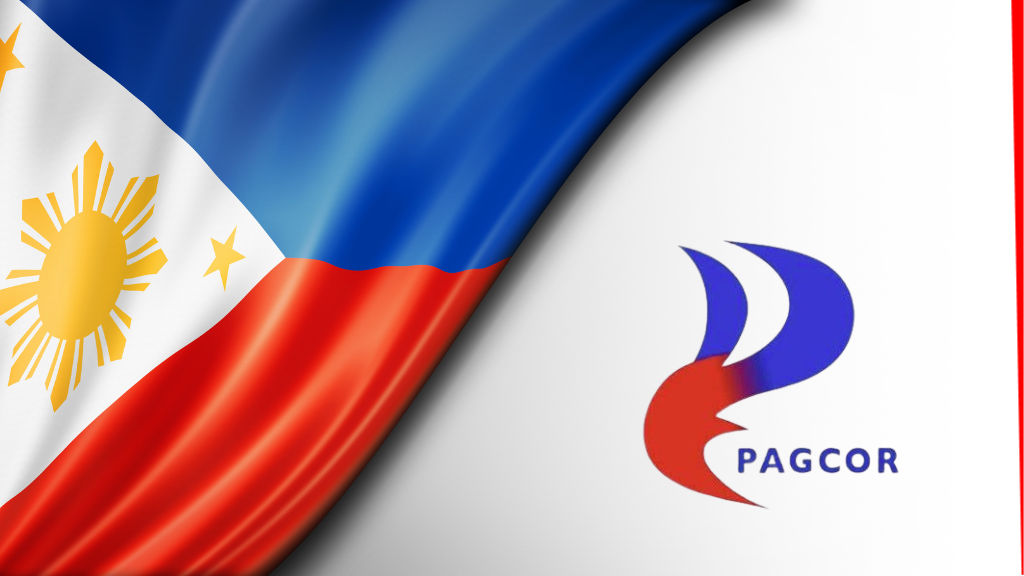
The Philippine Amusement and Gaming Corporation (PAGCOR) has reached a significant financial milestone, with revenues hitting an all-time high of PHP112 billion in 2024. This sharp increase is primarily driven by the rapid expansion of the electronic gaming sector, which has played an essential role in reshaping the country’s gaming industry.
PAGCOR’s revenue saw a significant 41% surge from PHP 79 billion in 2023, marking the highest earnings in the agency’s history. A large part of this success comes from a strong rise in net operating income, which climbed 51% to PHP 84.97 billion. After allocating funds to national development initiatives, the corporation’s net income stood at PHP16.77 billion—more than double the PHP6.81 billion recorded in the previous year.
The electronic games sector, which includes online slots and bingo, proved to be the best performer, generating PHP48.79 billion, accounting for nearly half of all gaming revenues. This supports the growing appeal of digital gaming platforms and the transformative role of technology in the industry. Meanwhile, licensed casinos brought in PHP33.07 billion, while Casino Filipino venues contributed PHP12.67 billion.
Several factors have contributed to the surge in online gambling across the Philippines, with one of the most significant being the breakneck speed at which technology is advancing. This unprecedented tech growth over a relatively short period of time has made online gaming much more accessible and engaging for players.
PAGCOR’s policy changes have also played an important role, with adjustments like the reduction of licensing fees encouraging more operators to enter the legal market. The number of licensed iGaming sites has risen sharply, jumping from 49 in 2023 to 174 in 2024.
The contrast with other regions is striking. In Sweden, for example, strict regulations, high taxes, and rigid licensing requirements have pushed many players to explore international platforms. Websites provide access to legal, regulated casinos that operate outside the Swedish licensing system, offering players more flexibility.
In contrast, the Philippines has taken a more open approach, striking a balance between regulation and industry growth, which has boosted its own economy while making it an attractive hub for online gambling operators.
Swedish iGaming expert Anders Larsson from www.casino-utan-svensk-licens.net highlights this divergence:
“The Philippines’ open stance on iGaming regulation has driven industry growth, while Sweden’s restrictive policies continue to push players toward foreign operators. By reducing licensing barriers, PAGCOR has successfully attracted gaming companies and increased revenues. Meanwhile, Sweden’s high taxes and rigid restrictions have made its domestic market less competitive. This contrast demonstrates how a more balanced regulatory framework can support economic growth without sacrificing oversight.”
Looking ahead, PAGCOR expects the industry’s upward trajectory to continue, with projections indicating that gross gaming revenue could reach between PHP450 billion and PHP480 billion by 2025. Much of this growth is expected to come from the iGaming sector, which is on track to rival the earnings of traditional land-based casinos in the near future.
Beyond the gaming industry itself, this expansion has worthwhile economic benefits. The rise of online gambling results in increased tax revenues for the government, job creation, and a boost in tech-driven innovations. Additionally, the industry’s growth is expected to have a positive knock-on effect on sectors like tourism and hospitality, further strengthening the country’s economy.
With a strong regulatory framework in place and continuous advancements in gaming technology, the Philippines is well-positioned to remain a leader in the global online gambling market. PAGCOR will continue to play a crucial role in shaping this evolving landscape, ensuring that growth is both sustainable and beneficial for the nation as a whole.